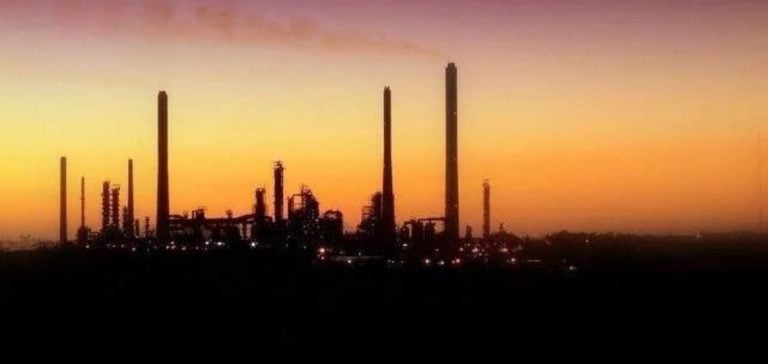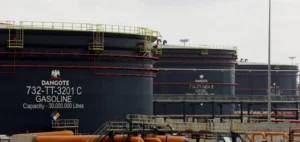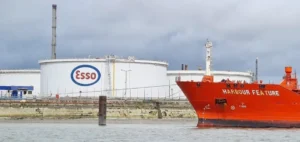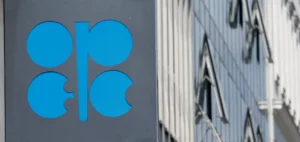The oil market is under renewed pressure following OPEC+’s decision to consider a production increase for December.
Sources close to the organization confirm that Saudi Arabia, until now in favor of a price of $100 per barrel, is preparing to change its approach.
This strategic about-turn could add around 180,000 barrels a day to global supply, a move that promises to be tricky for the oil industry. a market already under pressure. Observers point out that this decision comes after several months of production cuts, which were intended to support prices in a context of overproduction and high oil prices. falling demand. OPEC+’s intention to increase oil supply comes at a time of sharply falling prices, with Brent and West Texas Intermediate (WTI) futures down 3% to $71.60 and $67.67 per barrel respectively.
These trends are a direct reflection of the expectations of market players faced with the prospect of increased supply from major producers.
For Saudi Arabia, this change of course seems to reflect the need to preserve its market share against a backdrop of increased competition, particularly from American producers.
A market under pressure
OPEC+’s decision comes against a backdrop of falling demand on the oil market, particularly in China, the world’s largest importer of crude oil.
Chinese demand remains sluggish despite recent announcements of new economic stimulus plans.
Beijing has promised fiscal measures to support growth of 5% by 2024, but these efforts have so far failed to reverse the trend.
This slowdown in demand, combined with growing supply from the USA and other non-OPEC producers, is weighing heavily on prices.
Libya, another major producer, has also seen its production gradually return to the market after months of interruption due to internal conflict.
In September, Libyan exports reached around 400,000 barrels per day, down from 1 million barrels per day in August, but this gradual return to the world market is creating additional pressure on the supply/demand balance.
Medium-term outlook
The decision to increase production could have a major impact on the global oil market in 2025.
Some analysts predict a build-up in global inventories if additional OPEC+ production materializes.
Such a situation could keep prices under pressure for an extended period, with consequences not only for OPEC+ members, but also for other oil producers.
The debate is also open as to OPEC+’s ability to manage its production reserves.
An increase in supply could reduce member countries’ room for manoeuvre in terms of spare production capacity, thus limiting their ability to react effectively in the event of a future crisis.
This situation could, according to some observers, be the prelude to a price war between producers, with the risk of prices falling to levels as low as $40 per barrel if tensions between cartel members materialize.
Geopolitical and economic factors
In addition to internal OPEC+ dynamics, geopolitical factors also play a key role in oil price trends.
Political tensions in Libya, which have disrupted oil exports for several months, are far from resolved, and the full restoration of production in the country remains uncertain.
In addition, the global economic situation, marked by slowing growth in China and signs of recession in Europe, is contributing to oil price volatility.
Other variables could also come into play, notably US energy policy.
US shale oil production continues to grow, increasing competition on the global market.
If US production remains at high levels, this could weaken the effectiveness of OPEC+’s efforts to stabilize prices through supply adjustments.






















